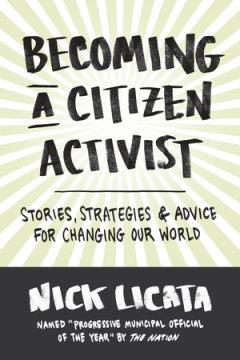American singer-songwriter Jewel has been in the public eye for past the couple of decades, starting with the release of her debut album, “Pieces of You,” in 1998. Remarkably, her public life has been rather private. She has stayed out of the tabloids and avoided much of the bad press that plagues celebrities today.
But her book “Never Broken: Songs Are Only Half the Story” breaks the secrecy that protected her for so long.
Opening up and being center stage has never been a mindless task for Jewel. “I was five when I first went onstage, my handmade Swiss outfit awkward and itchy,” she writes. “I was so nervous that I got the hiccups, though luckily no one could tell because yodeling sounds like hiccupping anyway.”
My life has not been about fixing what is broken. It has been about engaging in a loving and tender archaeological dig back to my true self.






